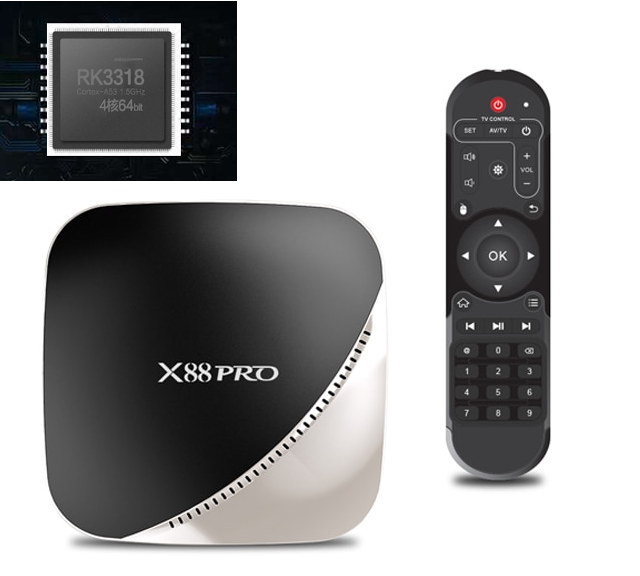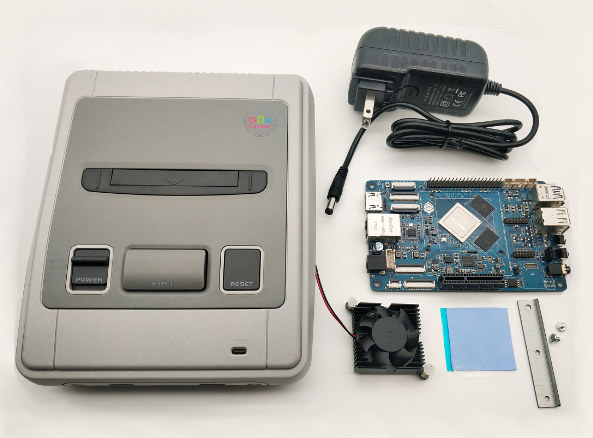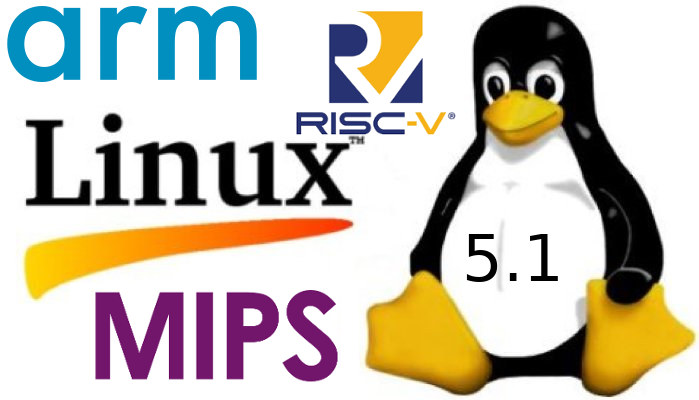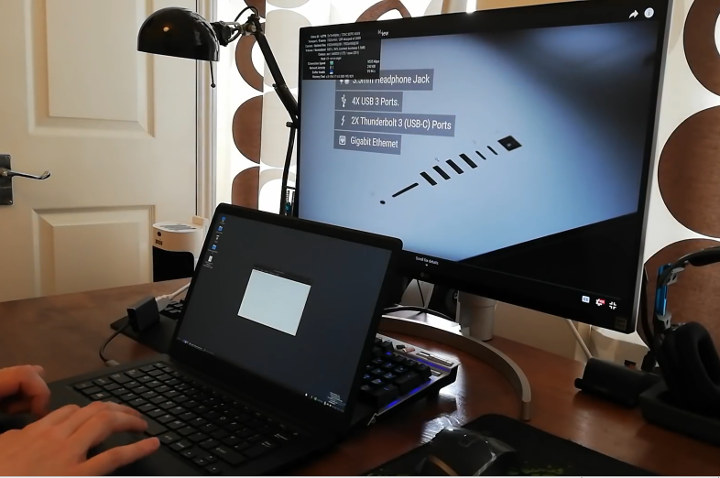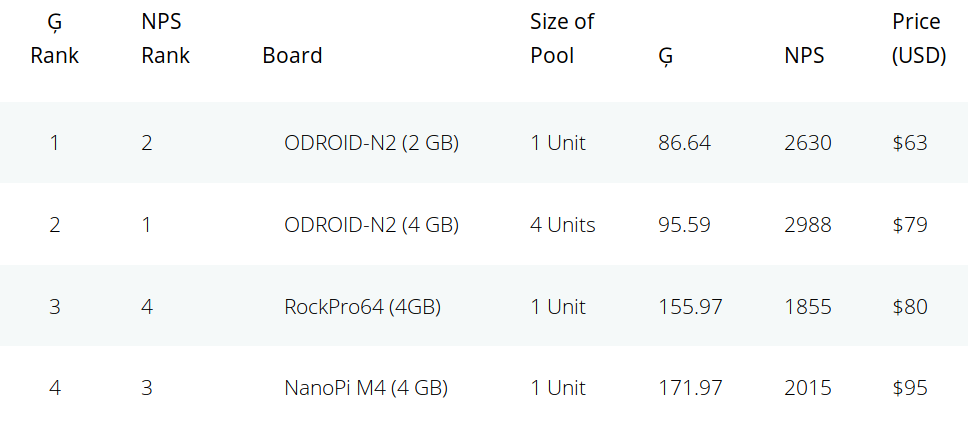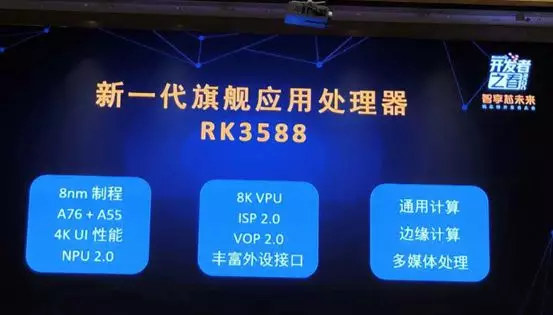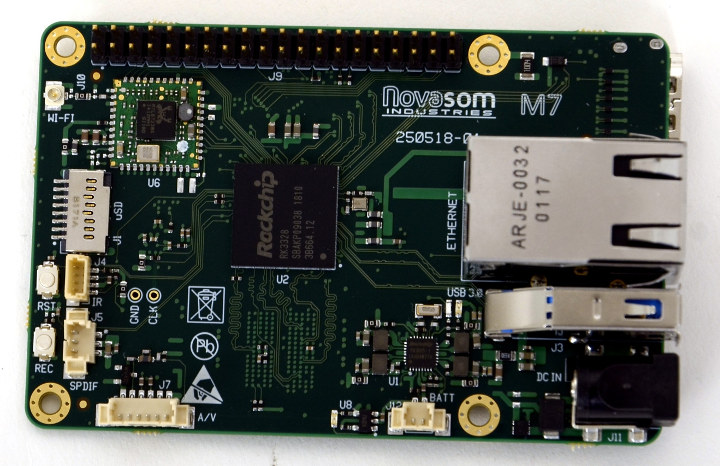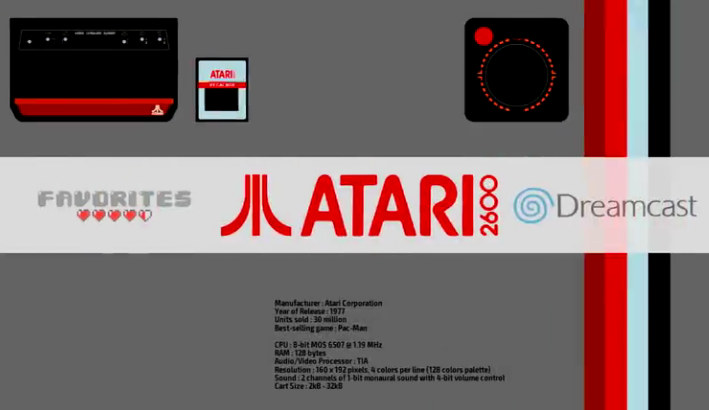With RK3328 SoC, Rockchip already has a quad-core Arm Cortex-A53 processor with an Arm Mali-450MP GPU, more exactly a Mali-450MP2 GPU. However, that GPU was found to underperform the penta-core Mali-450MP3 GPU handling graphics in Amlogic S905X processor. If that listing on Aliexpress is correct, it appears the company has made another quad-core Cortex-A53 processor with the same penta-core Mali-450MP3 GPU as found in the Amlogic processor. [Update: The description is wrong, and RK3318 GPU is not faster, so it must be the same (TBC). RK3318 is just a cost-down version of RK3328, but details have not been provided] The new Rockchip RK3318 processor can be found in Wechip X88 Pro TV box with the following specifications: SoC – Rockchip RK3318 quad-core Cortex-A53 processor @ 1.5 GHz with penta-core Arm Mali-450MP3 GPU @ up to 750 MHz System Memory – 2 or 4GB RAM Storage – 16, 32 or 64GB […]
Roshambo Retro Gaming Console Kit Features Rock64 or RockPro64 Board
Recalbox, Lakka TV, Retro Arena, and Batocera are some of the retro gaming distributions optimized to run on development boards. You can install those by yourself, and enclose the board is any case, but if you want something more fancy, Cloud Media is now selling Roshambo retro gaming kit based on Rock64 (RK3328) or RockPro64 (RK3399) SBC’s. Roshambo and RoshamboPro retro gaming kits are compatible with respectively Rock64 and RockPro64 boards, come with a shell with carrier board, power supply, cooling fan (Pro model only) and support cables. The kits support 256GB or 512GB SSD cartridges provided by the company, and optional game controllers with analog triggers and buttons are also available for purchase. Pine64 Rock64 / RockPro64 boards are compatible with Recalbox, Lakka TV, Retro Arena, and Batocera distributions, but bear in mind ROMs are not provided, so you’d have to install your own, or play free games only. […]
Linux 5.1 Release – Main Changes, Arm, MIPS & RISC-V Architectures
Linus Torvalds has just announced the release of Linux 5.1: So it’s a bit later in the day than I usually do this, just because I was waffling about the release. Partly because I got some small pull requests today, but mostly just because I wasn’t looking forward to the timing of this upcoming 5.2 merge window. But the last-minute pull requests really weren’t big enough to justify delaying things over, and hopefully the merge window timing won’t be all that painful either. I just happen to have the college graduation of my oldest happen right smack dab in the middle of the upcoming merge window, so I might be effectively offline for a few days there. If worst comes to worst, I’ll extend it to make it all work, but I don’t think it will be needed. Anyway, on to 5.1 itself. The past week has been pretty calm, […]
Pinebook Pro Arm Laptop Video Demo
Pine64 first revealed working on Pinebook Pro Arm Linux laptop at FOSDEM 2019 back at the end of January. The first Pinebook laptop had limited hardware resources, and as such was meant for simple tasks, but Pinebook Pro equipped with Rockchip RK3399 processor, 4GB RAM, 64GB to 128GB flash, and a 14″ Full HD display is designed to be used as your main laptop. That means everything needs to work from 3D graphics acceleration, to hardware video decoding, and USB-C video output. Lukasz Erecinski very recently shot a demo of the laptop in action, and everything looks very good, meaning the laptop should be come available soon. You can watch the demo further below, but if you are in a rush here’s what has been tested and works: Ubuntu & Debian with MATE desktop 4K video playback 3D graphics acceleration for games (Quake demo) 3D graphics acceleration in Chromium web […]
Giggle Score Says ODROID-N2 Best Value, Raspberry Pi Zero Worst Value
[Update May 7, 2019: Giggle Score has been updated to use 7-zip to benchmark the boards instead of sysbench, and the “best value” rankings are now quite different] People like to compare single board computers, and usually want to have a simple answer as to which is better than the others. But in practice it’s impossible, because the beauty of SBCs is that they are so versatile and can be used in a wide variety of project, and that means in some cases the “best board” may be completely useless to you since it lacks a critical feature and interface for YOUR project be it H.265 video encoding or a MIPI DSI display interface. Still, it’s still always fun to look at benchmark scores and trying to compare SBCs, and for projects that mostly require CPU processing power it may also be useful. Robbie Ferguson has been developing and maintaining […]
RK3588 8K Arm Cortex-A76/A55 SoC, Rockchip Roadmap to 2020
Rockchip had their annual event yesterday offering a view of past achievements, as well as a glimpse into the future with new products announcements. The company is ready to go to the next level with their Rockchip RK3588 featuring Cortex-A76 and Cortex-A55 cores, 8K video decoding support, 4K user interface support, an NPU 2.0 (Neural Processing Unit) manufactured using an 8nm LP process. The processor should have eight cores in a 4+4 dynamIQ configuration according to a tip from “coldfish”, and the new 8nm process is expected to increase performance by 20 to 30 percent, while the power consumption will be reduced by 40 percent. Mass production is expected for Q1 2020. The company also showed a slide with their video encoder/decoder IP, and Gen3 should be in RK3588 since that’s the only one with an 8K 60 fps decoder using either AVS3 or H.266 (VVC). I’m quite confused with […]
Novasom M7 SBC aims to be a Drop-In Replacement for Raspberry Pi 3 in Industrial Projects
Raspberry Pi boards are great for education and hobbyist projects, and while they are also found in industrial projects, they may not be the ideal solution for such commercial projects because of potential availability issues, stability issues in demanding environments, lack of certifications, and lack of commercial support. Novasom RASPMOOD family of SBCs aims to provide a drop-in replacement for Raspberry Pi based designs by providing mechanically and electrically compatible boards, as well as a software layer that allows the RASPMOOD boards to leverage the software you’ve already developed for your Raspberry Pi 3 design. Today we’ll specifically look at Novasom M7 “RASPMOOD” board – aka SBC-M7 – powered by a Rockchip RK3328 processor. Specifications: SoC – Rockchip RK3328 quad core Cortex-A53 processor with Mali-450MP4 GPU System Memory – Up to 4 GB DDR3 RAM Storage – Up to 256 GB eMMC Flash + uSD slot Video Output – HDMI […]
Batocera.Linux OS Combines Kodi & Retro Gaming for Raspberry Pi & ODROID Boards
There are already several ways to run retro games on development boards, with for example RetroPie, and derivatives like RetrOrangePi, Lakka and Recalbox. Batocera.Linux is another option that I had never heard about so far, and works on PCs, as well as Raspberry Pi and ODROID boards, with ODROID-N2 support having been added very recently. batocera.linux operating system can easily be run from a USB flash drive on your computer without altering your existing OS, while it will boot from a standard microSD card on Raspberry Pi and ODROID boards. Beside retro-gaming support, the OS also includes Kodi media center for playing videos, or listening to music. You may even play games in it since retro-gaming support was added in Kodi 18. The partial compatibility table above shows all platforms have a different level of support, and for Intel hardware support more emulators than Arm based boards. The Orange arrow […]


